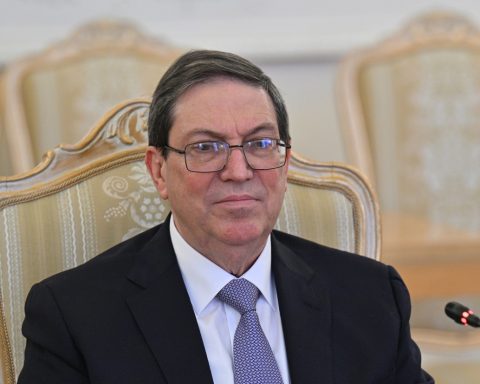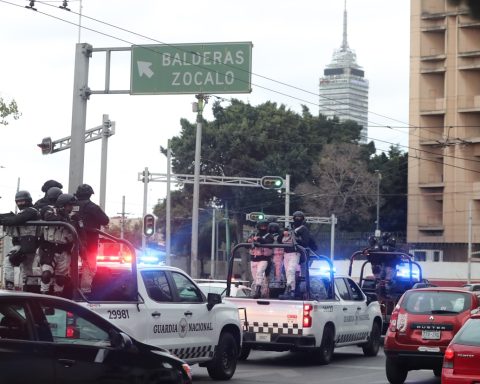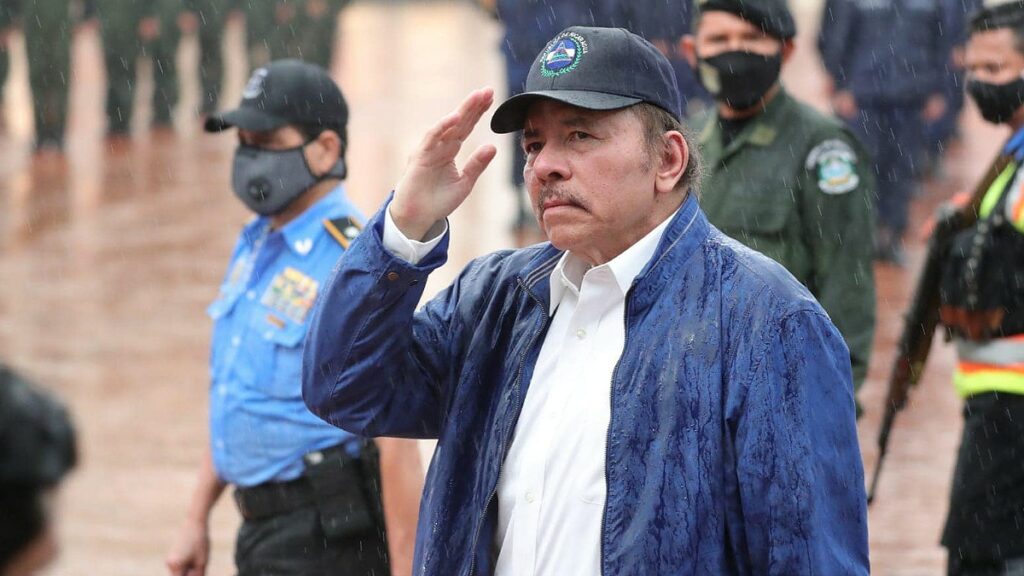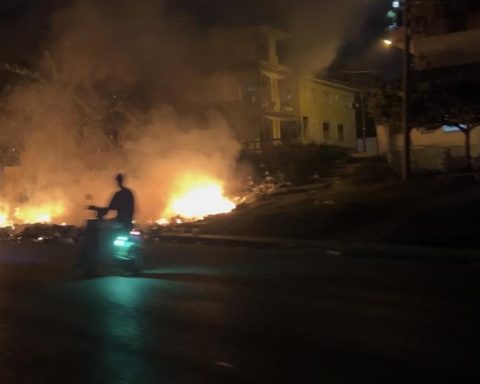MADRID, Spain.- Among the great cultivators of the Cuban son stands out the name of Miguel Matamoros, guitarist and composer born in Santiago de Cuba on May 8, 1894. At just fifteen years old he already sang in a duo and was known for the qualities of his voice, which could reach high registers with impressive ease.
Also on May 8, but in 1925, he founded the Matamoros trio together with Rafael Cueto (guitar) and Siro Rodríguez (maracas and second voice). Miguel was in charge of the main voice and the raw guitar, with which he printed that tasty, very Cuban stamp that, accompanied by Cueto’s tumbaos and the Siro rhythm in the maracas, distinguishes the trio’s music.
Miguel Matamoros did not get involved in his compositions. The beauty of his melodies lies in their simplicity and balance. The trio masterfully combined son and bolero, as well as guarachas. Their formula earned them enormous success inside and outside of Cuba, with timeless themes such as “Black Tears” representative of the bolero-son, a landmark of Cuban music and probably one of the most covered of all Spanish-American songs.
In 1928 the Matamoros trio recorded their album and made their first trip to the United States. In the following years they were in Mexico and the Dominican Republic; and in 1933 they embarked on a tour of Venezuela, Panama, Curacao, Puerto Rico, and Colombia.
Soon the constantly evolving musical needs of the small ensemble required a larger format. The trio became a sextet with the addition of a tres, a bongo and a double bass, which together provided a richer and more powerful sound.
For a composer like Miguel Matamoros, who gave Cuban music so much prestige, it was an honor to have been part of the jury —also made up of Gonzalo Roig, Rita Montaner and Eliseo Grenet— that awarded Celia Cruz in a contest organized by Radio Lavín-Mil Diez, to choose the queen of the conga.
In 1945 the sextet became a ensemble, with piano, trumpet and a brand new voice: Benny More. With this format they continued to travel the world and achieve success, until in 1960 the famous Trio, as they continued to call it despite the variations in their payroll, disintegrated.















